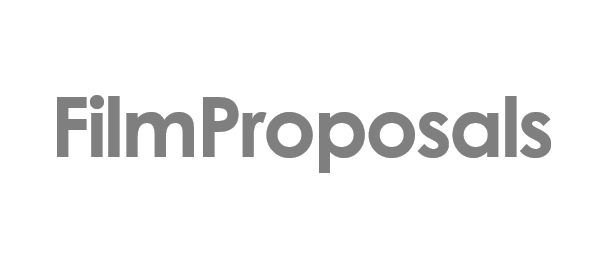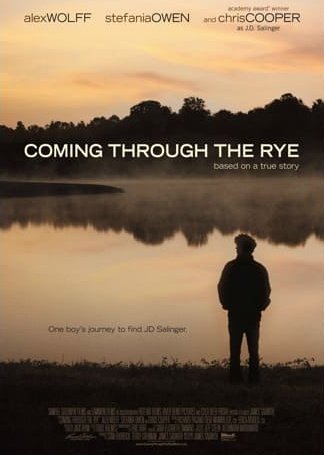Getting investors for your film is a full-time job - and here’s a warning: It’s a job for serious filmmakers only. In order to be successful, you have to commit yourself to working harder than you’ve ever worked in your life — possibly even harder than you will making your film. If you want to impress investors, you’ll need to educate yourself thoroughly about every financial aspect of the film industry, from production and marketing distribution to foreign film rights.
You will need to network with a wide range of people and present yourself as an accomplished industry professional, no matter how new you are to this game. Speaking of which, you should remember that it’s not a game; rather, it’s a fiercely competitive business that involves the financial livelihood of the people you’re approaching. With all of this in mind, here’s how you can impress potential backers into investing in your film, even if they’ve never heard of you.
Do Your Financial Homework
As we’ve already mentioned, before you even think about contacting investors, you need to immerse yourself in the financial side of the film industry. Learn about production costs, domestic and foreign film distribution and insurance bonds and how to calculate your film budget, with proper itemization and accurate bookkeeping.
From the very first point of contact, you’ll need to present yourself in a way that proves you’ve done your financial homework. This means having a solid business plan (which we’ll discuss below), as well as a polished, industry-level pitch, into which you’ve channeled everything you’ve learned. And remember: Your pitch is a business proposal, so the language should be formal, as if you were presenting yourself to a Forbes 500 corporation. If you've never written a successful film pitch before, take a pro course in writing one, or hire an expert to write it for you.
Create a Stellar Storyboard
One of the most impressive things you can do for your pitch is show your vision with a film storyboard. A great storyboard bridges the gap between ideation and creation and can impress an investor. Essentially, your storyboard is a complete graphic novelization of your film, in which panels are used to express every key moment or crucial camera angle.
Your storyboard creates the first visual representation — and thus, the first impression — that investors will have of your film, so unless you’re gifted at drawing, hire an industry artist who’s experienced at creating storyboard projects.
Do Your Own Fundraising
Nothing tempts investors more, or makes a commodity more desirable to them, than seeing that someone else has already invested in it. By showing that you’ve already raised some money on your own steam, you can prove that there’s a vital public (and potentially commercial) interest in your film project.
Bring a Well-Prepared Project Package to the Table
When it’s time to meet, nothing less than a professionally prepared business package will entice potential investors. We can’t emphasize the word “business” enough — you need to have a business plan for your project, just as a small business owner would when applying for a business loan.
According to industry legal experts, your well-prepared project package should include:
- A finished screenplay
- A synopsis
- Copies of documents proving that you have the rights to (or options for) the screenplay
- A talent list that includes potential actors or directors interested in the project (the more well-known, the better; and you’ll increase your investment chances if they’ve actually signed on for the film)
- A thorough, professionally written budget for the entire project
- Lists of collateral you have to back the investment (as with a loan, this gives the investor more financial security and protection)
- Promotional materials for the film, including trailers or media press clippings
- Professional resumes/bios of all the film’s major participants
Bring copies of pre-sale agreements
Legal experts agree: If you really want to impress a potential film investor, one of the best ways is to first get a pre-sale distribution agreement from a foreign distributor. This is a negotiated deal guaranteeing that, upon the film’s completion, the distributor will pay an agreed-upon fixed fee to cover all distribution rights within the distributor’s country.
A pre-sale agreement not only proves that you’ve got financial interest in foreign distribution; it also acts as collateral for investors. A pre-sale agreement requires the filmmaker to obtain an insurance policy (known as a completion bond) that covers the costs of finishing the film if the filmmaker is unable to complete the project. This insurance policy provides added protection to the financial investor and lowers the overall financial risks of the investment.
Essentially, it all boils down to this: Before you contact investors, you need to prepare a solid, professional pitch and business plan that will knock their socks off.
You also need to present yourself as an industry pro who has already attracted financial interest. By doing your homework, getting the professional help you need, and putting in the many hours, weeks and months that it takes to attract interest and funding, you can come up with a businesslike, professional-level project plan/pitch package that will impress — and entice — potential backers.
Author: Boords
The online storyboarding software trusted by 200,000+ creatives. Your search for the perfect storyboard template is over! Preview and download free, professionally designed storyboard templates, ideal for animation, film, video or simply telling a story. Available for Photoshop, Powerpoint, Word, or as a PDF. Find Out More: boords.com
TAXI DRIVER (1976) | Scene and Storyboard Comparison
Back to Top of The Ultimate Guide to Impressing Film Investors
susan @ boords.com, May 2021
Promote YOUR Story, Business, Film on FilmProposals
Do you have some great indie filmmaker tips or financing tips to share with other aspiring or current filmmakers? Do you want to promote your latest film or service to a huge global network of filmmakers, producers, directors, potential investors and distributors? Here is a great opportunity to first, pay it forward, and then promote your projects, products and services.
More Info: Filmmaker Tips - Write for FilmProposals
FilmProposals - 2025 Financing Toolkits & Bundles
DIY Toolkits, Legal & Finance Service Bundles
See All Financing & Legal Bundles
Gold Toolkit
DIY Templates- Financing Manual
- Financial Projections Template
- Business Plan Templates (Narrative & Documentary)
- Investor Agreement Outline
- Film Budget Template
- Indie Film Pitch Deck
- Custom Indie Film Database
- BONUSES (Dealmaking, Investor Tips, ++ )
- Regular Price $303, Save $124
Gold Toolkit + Financials Bundle
Most Popular- Full Gold Toolkit
- + Professional Sales Projections & Investor ROI (10 Films)
- Regular Price $802, Save $103
Producer's Bundle
NEWEST!- Full Gold Toolkit
- + Professional Sales Projections & Investor ROI -10 Films (Reg $599)
- + Film PPM Investor Agreement (Reg $499)
- + Filmmaker Legal Pack (Reg $129)
- Regular Price $1430, Save $231
While our FilmProposals Bundles & Toolkits will save you hundreds of hours with prewritten text and templates and speed up your learning curve by showing you how to complete complicated financial projections, there is still a lot of information to process. We designed this FREE Film Business Plan Course to be sent once per week to break the process of writing your business plan into manageable pieces, and to keep you accountable and focused.
FilmProposals Tools and Templates
- Film Financing Bundles
- Film Financial Projections Template
- Film Business Plan Template
- Documentary Business Plan Template
- Film Financing and Investor Manual
- Film Budget Template
- Indie Film Pitch Deck
- Film Investor Agreement Outline
- Film Investor Tip Sheet
- Filmmaker Legal Pack
- Indie Film Database
- FREE Business Plan E-Course





